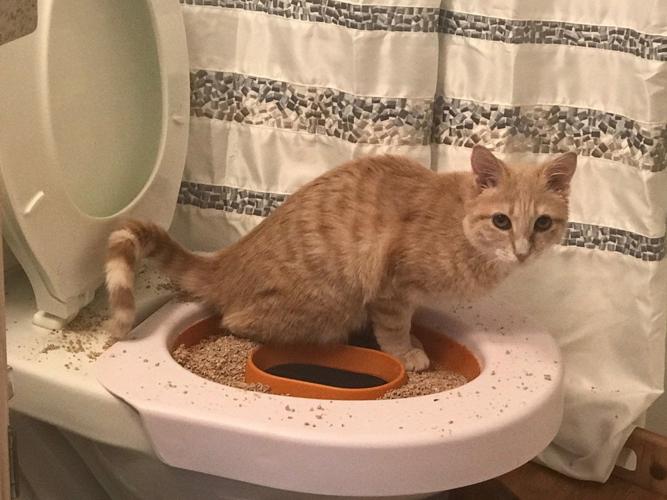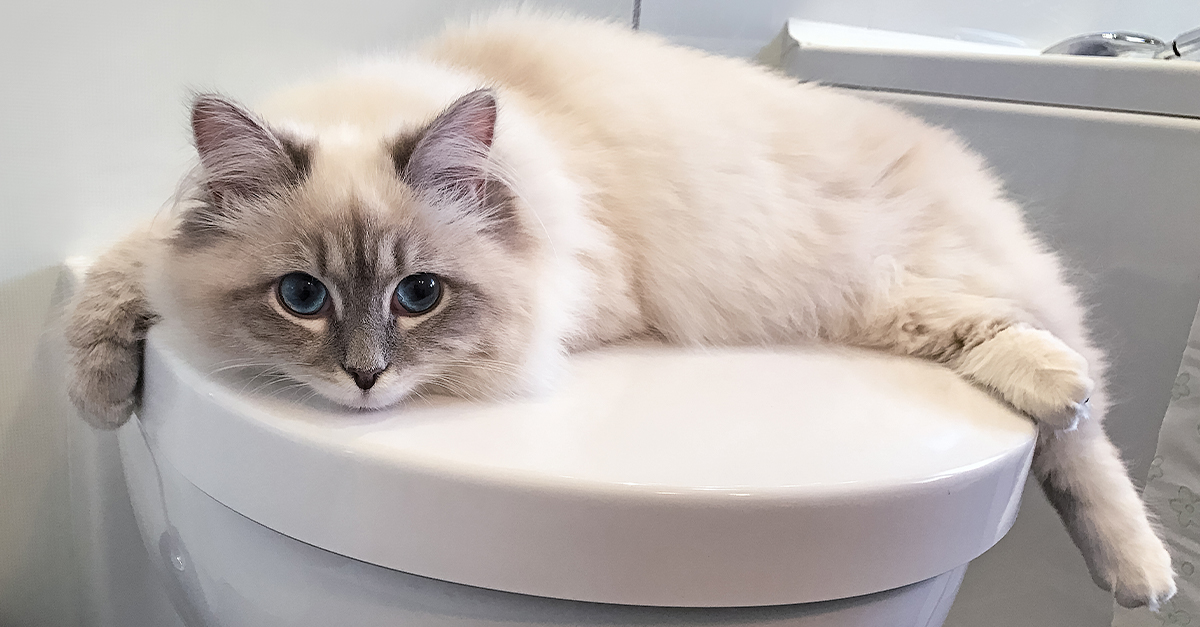Just about everyone may have their personal way of thinking when it comes to Should you flush animal waste down the toilet.

When it pertains to taking care of waste, specifically animal waste, lots of people often resort to the hassle-free option of flushing it down the commode. Nevertheless, this apparently easy option can have significant consequences for the setting and public health. In this write-up, we'll discover why flushing animal waste down the bathroom is a negative idea and provide alternate techniques for appropriate disposal.
Intro
Proper waste disposal is essential for maintaining ecological sustainability and public health. While it may seem safe to flush animal waste down the bathroom, it can bring about different problems, both for the setting and human health.
Risks of flushing animal waste
Environmental influence
Flushing pet waste presents damaging bacteria and pathogens right into waterways, which can negatively affect aquatic ecological communities. These microorganisms can infect water sources and harm marine life, interrupting fragile ecosystems.
Public health worries
Pet waste consists of harmful microorganisms such as E. coli and Salmonella, which can pose major health dangers to human beings. Flushing pet waste down the commode can contaminate water products, leading to the spread of diseases and infections.
Alternatives to flushing
Instead of purging pet waste down the bathroom, there are several different disposal techniques that are much more eco-friendly and sanitary.
Composting
Composting pet waste is a green means to deal with it. By composting, raw material is broken down right into nutrient-rich soil, which can be made use of to feed yards and plants.
Land fill disposal
Getting rid of pet waste in a land fill is one more alternative. While not as environmentally friendly as composting, it is a safer choice to flushing, as it prevents the contamination of water sources.
Pet garbage disposal systems
There are specialized pet dog garbage disposal systems offered that safely and hygienically deal with pet waste. read more These systems often make use of enzymes to break down waste and eliminate smells.
Steps to appropriate pet garbage disposal
To guarantee correct disposal of pet waste, comply with these actions:
Scooping and bagging waste
Frequently scoop and bag animal waste utilizing naturally degradable bags. This stops waste from infecting the setting.
Making use of designated waste bins
Dispose of bagged animal waste in marked waste bins, such as garden compost containers or land fill bins. Stay clear of flushing it down the bathroom at all costs.
Cleansing can and animal areas on a regular basis
On a regular basis tidy can and pet dog areas to stop the buildup of waste and microorganisms. Use pet-safe cleansing products to preserve hygiene.
Benefits of correct disposal approaches
Embracing appropriate disposal techniques for pet waste uses several advantages:
Decreased environmental pollution
Correct disposal methods decrease the risk of environmental pollution, protecting waterways and ecosystems from contamination
Decreased danger of water contamination.
By preventing flushing animal waste down the toilet, the danger of water contamination is dramatically minimized, protecting public health.
Enhanced cleanliness and hygiene
Correct disposal techniques promote better hygiene and hygiene, producing a much safer environment for both people and pets.
Verdict
To conclude, purging animal waste down the toilet is damaging to the atmosphere and public health. By embracing different disposal methods and adhering to appropriate waste management techniques, we can lessen the unfavorable impact of pet waste and add to a cleaner, much healthier world.
What To Do With Dog Poo – The Do's And Don'ts Of Disposing Of Faeces
Dog poo bins
Some councils provide dedicated dog waste bins in popular dog-walking areas that can take dog poo that has been bagged but you can legally dispose of dog waste in any public litter bin, as long as it is securely bagged. This also applies to your wheelie bin at home.
Do not flush
Water companies do not recommend flushing dog faeces down the toilet because certain parasites can survive the water processing treatment and are potentially harmful to humans. You should also never consider flushing dog poo that has been bagged down the toilet as the bags will not break down and instead create severe blockages in the sewage system.
In the woods
The Forestry Commission promotes a ‘stick and flick’ method for dealing with waste in the woods. This means finding a stick and using it to flick any poo from off the path so that it is out of the way of other walkers. You could also bury it as long as it is not in an area where there might be livestock.
Livestock
Parasites found in dog poo can be transmitted to livestock if they inadvertently eat infected faeces that has been left on grazing land. This could result in the death of sheep or abortion in cattle so you should always make sure you pick up your dog’s waste in fields where livestock could be present.

On a regular basis tidy can and pet dog areas to stop the buildup of waste and microorganisms. Use pet-safe cleansing products to preserve hygiene.
Benefits of correct disposal approaches
Embracing appropriate disposal techniques for pet waste uses several advantages:
Decreased environmental pollution
Correct disposal methods decrease the risk of environmental pollution, protecting waterways and ecosystems from contamination
Decreased danger of water contamination.
By preventing flushing animal waste down the toilet, the danger of water contamination is dramatically minimized, protecting public health.
Enhanced cleanliness and hygiene
Correct disposal techniques promote better hygiene and hygiene, producing a much safer environment for both people and pets.
Verdict
To conclude, purging animal waste down the toilet is damaging to the atmosphere and public health. By embracing different disposal methods and adhering to appropriate waste management techniques, we can lessen the unfavorable impact of pet waste and add to a cleaner, much healthier world.
What To Do With Dog Poo – The Do's And Don'ts Of Disposing Of Faeces
Dog poo bins
Some councils provide dedicated dog waste bins in popular dog-walking areas that can take dog poo that has been bagged but you can legally dispose of dog waste in any public litter bin, as long as it is securely bagged. This also applies to your wheelie bin at home.
Do not flush
Water companies do not recommend flushing dog faeces down the toilet because certain parasites can survive the water processing treatment and are potentially harmful to humans. You should also never consider flushing dog poo that has been bagged down the toilet as the bags will not break down and instead create severe blockages in the sewage system.
In the woods
The Forestry Commission promotes a ‘stick and flick’ method for dealing with waste in the woods. This means finding a stick and using it to flick any poo from off the path so that it is out of the way of other walkers. You could also bury it as long as it is not in an area where there might be livestock.
Livestock
Parasites found in dog poo can be transmitted to livestock if they inadvertently eat infected faeces that has been left on grazing land. This could result in the death of sheep or abortion in cattle so you should always make sure you pick up your dog’s waste in fields where livestock could be present.

I found that piece of writing about 4 Reasons Why Dog Poop Cleanup is Important while doing a lookup on the web. Liked our blog? Please quickly share it. Help others discover it. Thank you for taking the time to read it.
Request Estimate